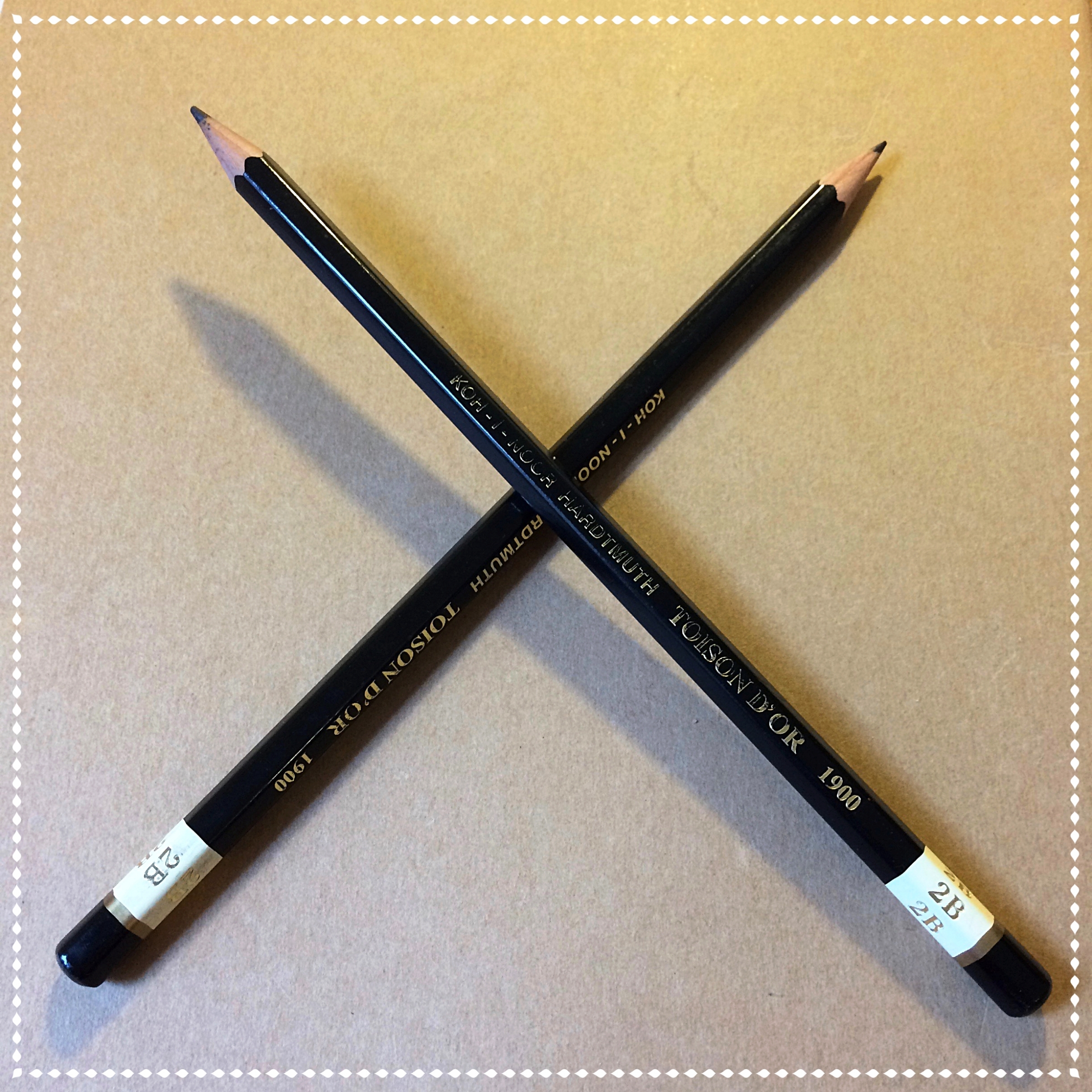Kazoos were at the heart of the initial idea for smallness exercises. One of the first items that came to mind. So I was surprised to find myself struggling to write about them. After a couple weeks of non-starts, I realized the problem: my feelings about kazoos are so simple and clear, so palpable, they seem beyond the need to explain. I feel that kazoo enthusiasm should be so thoroughly shared, and mutually understood, as to mimic telepathy. I should just be able to say, “Kazoos!” and receive an ecstatic reply of “Yes! I know!!” or “Kazoos? Fuck yeah!”
However, I am (mostly) reconciled to the fact that this is not a realistic expectation. And even if it were, it wouldn’t make for much of a blog post. So let us push on.
Kazoos. Kazoos! Even when I think the word ‘kazoo’, I find that I’m grinning. The name itself is joyous. It sounds like it belongs amongst the exclamations of “Callooh! Callay!” that one of Lewis Carroll’s Jabberwocky characters “chortled in his joy.” Kazoo! Kazay!
Read moreIt would be nearly impossible to get very far into a discussion of anything remotely creative or philosophical without Brian Eno coming into it. He is a fellow who, above all others, seems to have tried to turn his mind to every single phenomenon that ever has or could exist, and then come up with something stimulating to say about it. He's had his fingers in most of the cultural strands that have unfurled across the last five decades. And he’s just celebrated his 70th birthday. So why not get to this next exercise now.
If you’re a thinky or arty person, you’ve almost certainly heard of Oblique Strategies. They’re a deck of about 113 cards (the number has varied over the years), created by Brian Eno and Peter Schmidt. You can buy sets of them in handsome little boxes, or you can download them as an app for your phone. The idea is that any time you find yourself stuck in some sort of creative dilemma, you pick a card at random, and it will offer a vague or ‘oblique’ suggestion of how you could change your approach. For example, there’s one that advises you to “Discover the recipes you’re using, and abandon them.” There’s another that asks, “Do we need holes?” There’s another that just says, “Water.” It’s up to you to figure out how the hell to implement these bits of advice into your particular situation. But if it’s good enough for David Bowie, it’s damn well good enough for the rest of us.
One of these cards – the one we’re interested in today – reads as follows:
“Not building a wall but making a brick.”
Read moreIn early 2017, I had a great idea.
It was small, it was clear, it was an expression of something I’d been wanting to articulate for a very long time. It arose in a moment of focus and helplessness early one fine spring morning, as I puked my guts out on the back stairs of a bus that was barreling recklessly along the zigzag oceanfront roads of County Clare, Ireland.
There were only two words to it: smallness exercises. Winnie the Pooh had his stoutness exercises, and I would have my smallness exercises. In a society obsessed with bigness, I would dwell on the virtues and pleasures of smallness. I would do it for my own sake, and share it with others. Humility, straightforwardness, quiet – qualities whose worth are chronically underrated, and whose value can only increase as they become more rare. I could think of dozens of small things I wanted to champion, in my small way, and I got started nearly as soon as I stopped retching.
And then…
Nothing.
Why? Because I let something small get in the way.
Read moreThere’s something that’s been bothering me for a long time. Maybe most of my life, actually. But certainly actively bugging me since 2014. Back then, I thought the problem was arrogance. It was a good first answer – arrogance is certainly rife enough throughout human history, and doesn’t seem to be going anywhere. The arrogance of people to insist that they know their god is the only god, that other gods are all silly and evil. That their god had made humans in his image (the male ones, anyhow), and that they have a right to slaughter in their god’s name. Or the arrogance of the ‘scientists’ who reject creationism, yet still believe that humans are the only creature in all of evolution whose talents, perceptions, and feeling have any value at all. Who somehow thing that we are the highest possible watermark for all of evolution, as though a process as old as time would just stop on a dime with our still-half-lizard brains.
There’s the arrogance of people who talk at you rather than with you, who know that they know more about any given subject than you, even if they’ve never lived it or studied it. The arrogance of believing that their particular combination of race/ gender/ nationality/ sexuality/ religion/ politics/ profession is stellar, and all other variations are fundamentally worse, wrong, less-than-human, nasty, or even evil. I’m sure you can all think of some examples.
The opposite of arrogance, of course, is humility. A virtue espoused in many spiritual movements throughout history, and a pretty good one to keep in one’s quiver, if you ask me. But one that seems desperately lacking these days; particularly in my American homeland. Christ on a bike, is it ever in short supply there.
But I’ve realized that arrogance doesn’t fully explain the problem that’s been bugging me. There’s something else behind the arrogance, something deeper; like a river that gives rise to a city, gets paved over, but still goes gurgling along under it all the same. And that problem is bigness.
Read more

